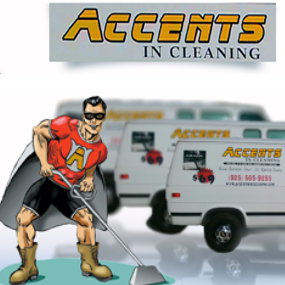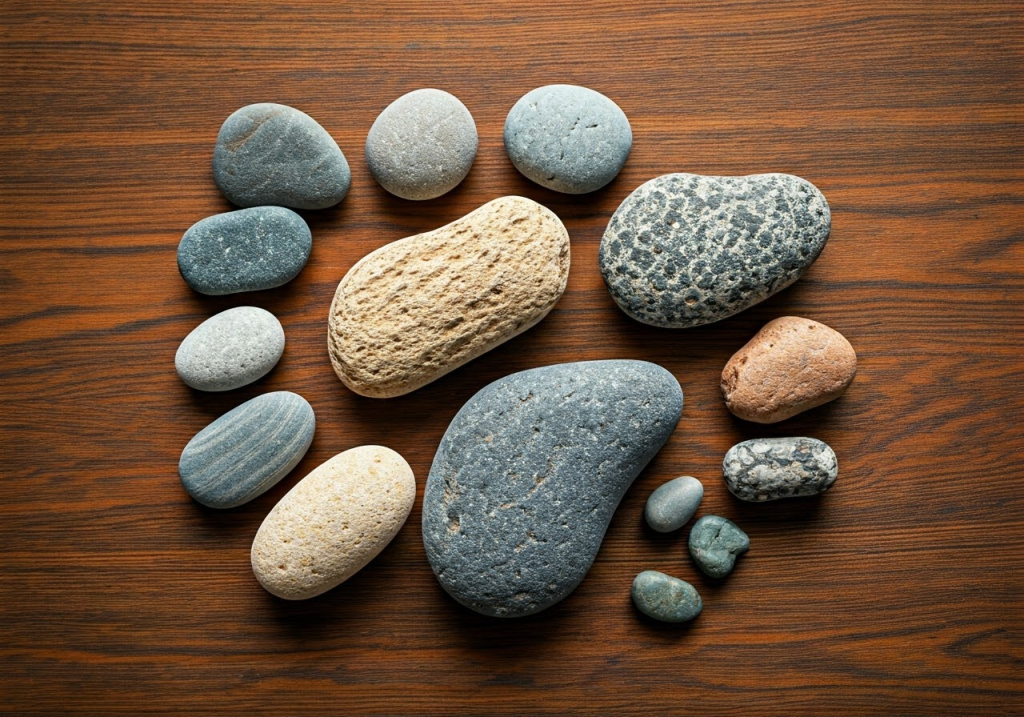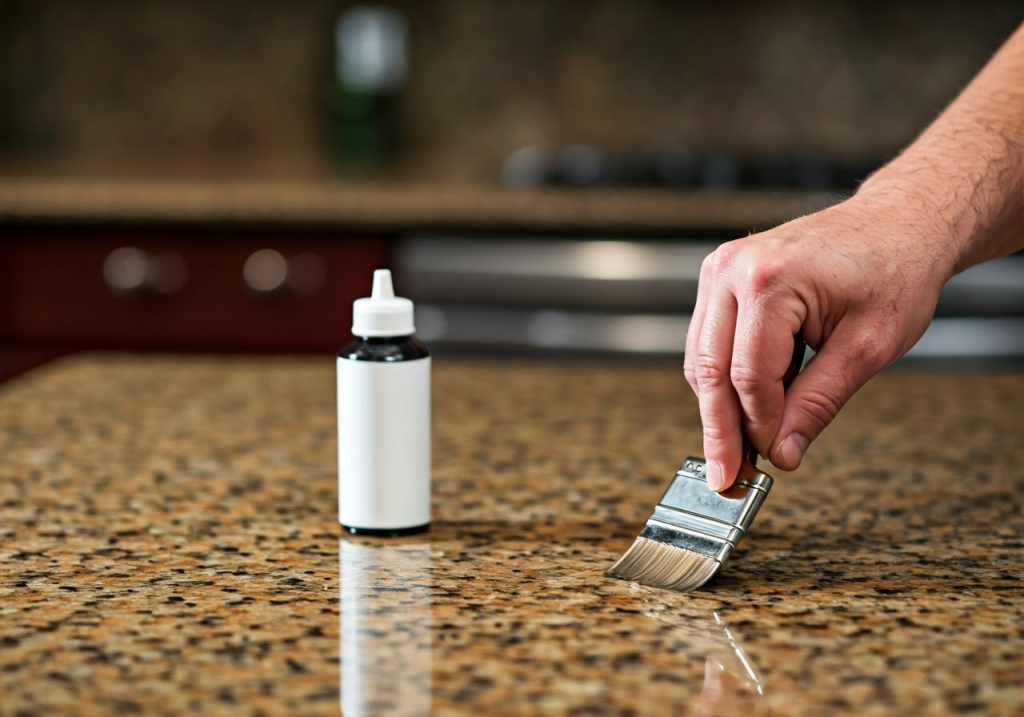
Natural Stone Maintenance Tips for Long-Lasting Beauty
Written by Dimo. Posted in Carpet Cleaning Services
Key Highlights
-
- Understanding the type of natural stone in your home is the first step toward proper care, and plays a vital role in ensuring effective natural stone maintenance.
-
- Regular cleaning with pH-neutral cleaners and soft cloths protects the stone’s surface.
-
- Avoid harsh chemicals and acidic substances that can etch and damage natural stone surfaces.
-
- Sealing helps prevent staining and moisture damage, preserving its beauty over time.
-
- Address spills promptly to stop staining and etching from occurring.
_______________________________________
Natural stone brings a touch of luxury and classic style to any home. It looks great and lasts a long time, but it needs the right care. When you learn how to take care of your natural stone, including understanding natural stone maintenance, you can keep it looking nice for many years. This guide offers simple tips and key information on stone care. It will help you protect what you have and enjoy the beauty of your stone surfaces.

Daily Cleaning Practices for Natural Stone
Daily cleaning of your natural stone surfaces will help keep your stone looking great and lasting longer. Dust mops are a good start to gather dust and dirt. However, for proper natural stone maintenance, scrub them down using a cleaning solution and a soft cloth on countertops and other surfaces.
Useful scrubbing tools or cleaners can be helpful, but be careful not to scratch the surface of the stone with those tools or cleaners. If you follow these simple daily tips, you can keep your natural stone in excellent condition and will not have to resort to tougher cleaning in the future.
The Right Cleaning Products
Natural stone demands that we choose the right cleaning products. It can be damaged by harsh chemicals that can remove the protective layer from it. Only use a neutral cleaner made for natural stone. Don’t go for DIY solutions with stuff like lemon juice or vinegar.
For effective natural stone maintenance, the first thing is to pick cleaners that remove the dirt and grime without damaging the stone. Choose items that are safe for natural stone. Before you clean the entire surface with any new cleaner, test it in a small, unnoticeable place.
You can keep your natural stone looking good by reading labels carefully and using cleaners designed for stone, so that it remains longer with no effect on quality.
DIY Natural Stone Cleaners: Safe and Effective Solutions
You can create your own allergen-free and easy-to-use cleaning solutions for natural stone surfaces. Regularly, it is easy and good to make use of specialized cleaners; however, DIY varieties are great for quick cleanups. The cleaner recipes you can use are available with common household ingredients. Without being too harsh, they help keep your stone looking beautiful, which is important for natural stone maintenance.
As a gentle cleaner, use a few drops of mild soapy water in warm water. Just remember that your dish soap should not contain any degreasers or other chemicals that are not friendly to your skin. These have the potential to be damaging on the surface of the stone. For a more potent cleaner, you are welcome to dilute it with a quarter cup of rubbing alcohol for use in washing soap and water solution.
Here are some extra tips for cleaning safely:
-
- For daily cleaning: Please use a soft microfiber cloth with the soapy water solution.
-
- For tough stains: Try to give the cleaning solution time to work on the surface of the stone before you wipe it clean.
-
- Avoid vinegar: Despite the fact that vinegar is used often in cleaning, it’s quite acidic and will damage the softer stones.
The Sealing Process: Protecting Your Stone

It is crucial to seal your natural stone so that it will be protected from the possibility of any type of stain or moisture damage. This process refers to applying a sealer onto the surface of the stone. The sealer gets into the small pores and cracks in the stone and then it forms a barrier. This barrier prevents liquids from penetrating the stone and, therefore, staining or otherwise diminishing its value. Regular natural stone maintenance, including sealing, helps ensure the longevity and beauty of your stone surfaces.
By the way, sealing does not make your stone stain proof by any definition. It only helps it resist stains better. This is why it is very important to clean up spills quickly, even if your stone has a sealer on it.
Why Sealing Is Important or Natural Stone Finish
For high-moisture areas of the home, like the shower area and kitchen, sealing is especially important. It does not allow water to penetrate into the stone, effectively preventing mold formation, staining, as well as adverse effects of acids.
Sealing isn’t something you should do only once and say that’s enough for a lifetime. This is something you have to do regularly. How often this needs to be done will depend on the type of stone and the number of visitors treading on that particular surface. You should probably consult your stone supplier or a professional installer for advice on how to maintain your natural stone surfaces properly.
Damage and Stain Control on Natural Stone
Natural stone gives your home a beautiful and elegant look. However, it is important to ensure that its surface is not invaded by any form of dirt to retain its appearance. While one might end up spilling food or a drink on the carpet, understanding what causes stains will help prevent them.
Damage to the stonework can be prevented in several ways. We recommend placing coasters under glasses, trivets under hot dishes, and placemats wherever you dine. These serve to prevent liquid spills and heat, which cause stains on the floor and other stone surfaces. By following these few tips, you will be able to maintain well-cared-for natural stone for many years to come. Proper natural stone maintenance is key to preserving its beauty and longevity.
Suggestions to Avoid Common Staining Agents
Every home experiences spills, and it’s important to know what can negatively affect your natural stone so you can start cleaning immediately. Some examples that require prompt removal include lemon juice, vinegar, tomato sauce, and anything else acidic.
Additionally, dark-colored foods like red wine and coffee pose a serious threat to the color of light-colored stones if not wiped correctly. As part of your natural stone maintenance routine, avoid foods that contain a lot of oil, such as cooking oil and cosmetic products. These can easily penetrate the stone surface and alter its color.
Remember that prevention is always preferable to eliminating stains after they have formed. There is no need for routine cleaning with commercial products – if you know what common staining agents are and how to remove them, your stone surfaces will remain looking like new for years.
Immediate Steps to Take When Spills Occur
It’s important not to leave spills on your natural stone for long, as this might cause staining or etching. When a spill occurs, do not clean it up immediately, as this can spread the substance and make things worse. Instead, use a clean cloth or paper towel to blot the surface and absorb most of the liquid.
After blotting the area, wash it with clean water and mild soap. Do not scrub with chemicals or abrasives, as these can damage the stone. Once you have washed the surface, dry it well with an emulsion that does not leave water marks.
_______________________________________
Proper care for natural stone is essential to maintain its beauty and durability. By understanding your stone’s specific needs and following a regular cleaning routine, you can prevent damage and stains. Choosing the right cleaning products and sealing your surfaces will help preserve their natural elegance. Quick action on spills can also prevent stains before they set in. Regular natural stone maintenance is key to ensuring your surfaces remain stunning for years to come.
For minor issues, there is no need to call the experts, but for thorough cleaning or resealing, it is better to turn to specialists. Suffer from back pain or wish to deep clean your space? Trust Accents in Cleaning! Call us today for quality natural stone care service to maintain the elegance of your stone for many years.
Frequently Asked Questions
How often should I clean my natural stone surfaces?
Daily cleaning is essential for proper natural stone maintenance. Use a dust mop to remove dirt and a soft cloth with a pH-neutral cleaner for deeper cleaning. This routine will help keep your stone in excellent condition and avoid the need for more intensive cleaning later.
What cleaning products are safe for natural stone maintenance?
For effective natural stone maintenance, it’s important to use pH-neutral cleaners specifically designed for stone. Avoid harsh chemicals, vinegar, or acidic solutions, as they can damage the stone’s surface. Always check the label to ensure the cleaner is stone-safe.
How can I make DIY cleaners for natural stone maintenance?
A simple DIY solution for natural stone maintenance is mixing mild dish soap with warm water. For tougher stains, you can add a quarter cup of rubbing alcohol. Always test any DIY cleaner in an inconspicuous area before using it on the entire surface.
Why should I seal my natural stone surfaces?
Sealing is an essential part of natural stone maintenance. A sealer forms a protective barrier against stains and moisture, making it harder for liquids to penetrate the stone. This is particularly important in areas like kitchens and bathrooms where spills are more likely to occur.
How often should I reseal my natural stone surfaces?
The frequency of resealing depends on the type of stone and the level of traffic. Regular natural stone maintenance includes resealing every 1 to 3 years, especially in high-moisture areas. Consult your stone supplier or a professional installer for guidance.
Can natural stone maintenance help maintain the value of my home?
Yes! Regular natural stone maintenance not only keeps your stone looking pristine but also helps preserve its value. Well-maintained stone surfaces enhance the overall appeal and value of your home, making it a worthwhile investment.
